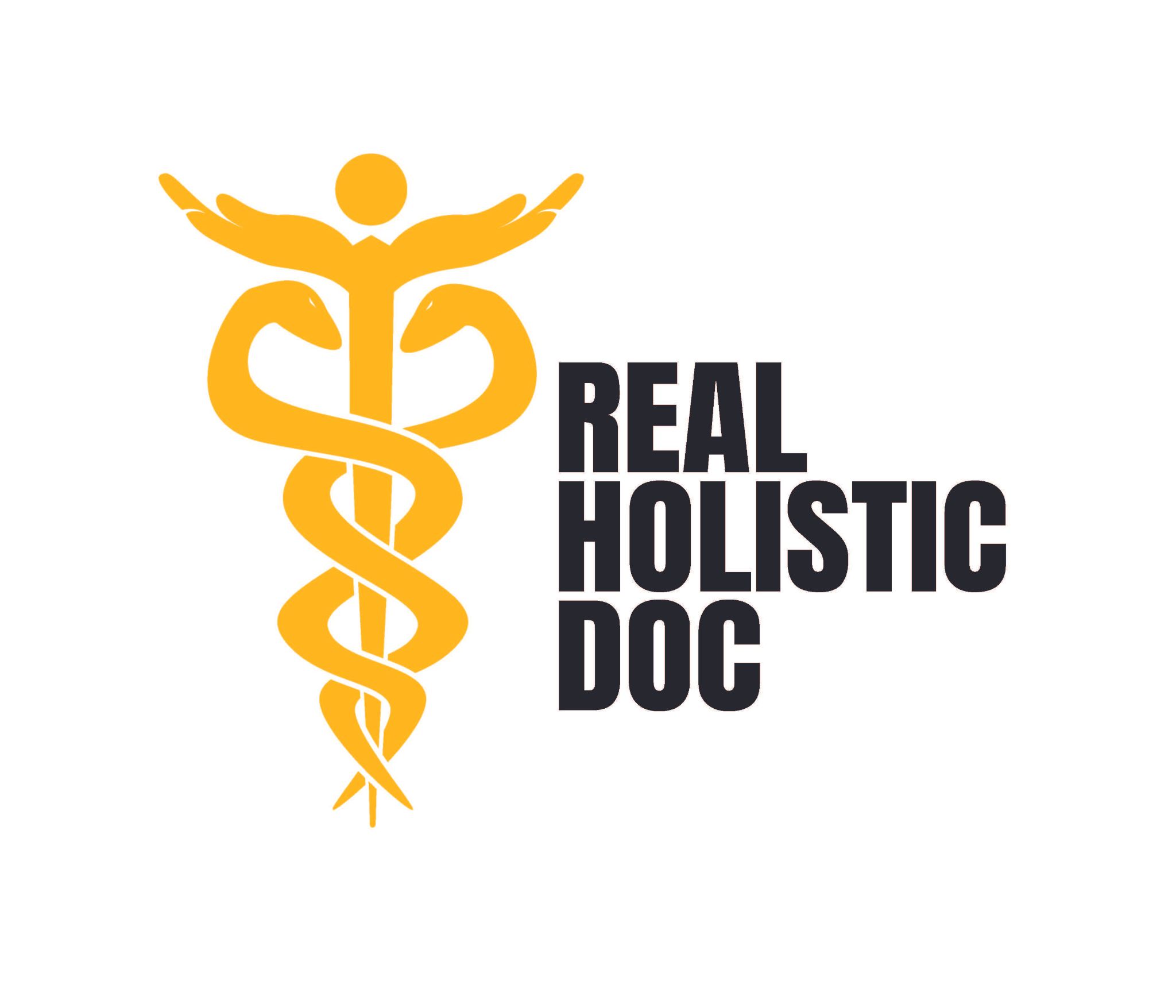Recently, a friend sent me a list of folk remedy uses of cinnamon and honey. I have long been aware of the antioxidant benefits and of course the delectable taste of cinnamon. So I went to PubMed and searched for as many sources as I could find. First, the honey and cinnamon claims. In general the recommendations are for large amounts of honey, at least one part per part of cinnamon and sometimes several times that.
To my taste, one-quarter teaspoon of honey per teaspoon of cinnamon powder is quite sweet enough. After all, cinnamon itself is slightly sweet!
Now, honey certainly has many benefits and I will address honey as the ideal sweetener in a later article.
Folk remedy suggestions for cinnamon and honey:
- Revitalizes the heart, arteries and veins
- Relieves arthritis pain
- Cures bladder infections
- Stoops toothache
- Lowers cholesterol
- Cures common cold, chronic cough and clears the sinuses
- Reverses infertility
- Cures stomach ache and peptic ulcers
- Strengthens immunity to ward off viruses and bacteria
- Relieves indigestion
- Increases longevity
- Clears pimples (here they use a paste of cinnamon and honey)
- Cures eczema, ringworm and all skin infections
- Strikingly helps weight loss
- Cures cancer
- Reverses fatigue
- Restores hearing
- Prevents bad breath
- Reverses hair loss (paste of olive oil, honey and cinnamon)
- Relieves gaseousness and indigestion
Now, here is evidence from the literature to support many of these claims:
- Cinnamon mimics insulin function and reduces blood sugar (up to 3 teaspoons, 6 grams, daily)
- Increases insulin sensitivity
- Reduces cholesterol 12 to 26% – often BETTER than STATINS!
- Reduces triglycerides 23 to 30%
- Has anti-inflammatory properties
- Inhibits growth of bacteria
- Improves memory and cognition
- Inhibits tumor cell growth in tissue cultures
- Prevents the development of insulin resistance in rats on a high fructose diet
- Enhances wound healing
- Inhibits growth of oral bacteria
- Increases antioxidant enzymes and enhances glutathione
- Inhibits growth of Helicobacter pylori in cultures
- Inhibits growth of many fungi
Note that all the scientific experiments used only cinnamon, without honey. BUT THERE ARE POSSIBLE ”SIDE-EFFECTS.”
- Cinnamon is one of the top 10 food allergens and can cause irritation of the skin, mouth and stomach
- Even leukoplakia may be caused by cinnamon
- Allergic reactions can involve the lungs and bronchi
- Cinnamon oil may cause a ”high” and has been found to be part of substance abuse by adolescents
The bottom line:
Cinnamon is definitely safer than statin drugs and should be considered by those with heart disease, high cholesterol, and excess weight. Certainly, it might be considered in some infections, especially as an adjunct.
Incidentally, powdered cinnamon is much better taken as a hot tea, one teaspoon per cup, with a half teaspoon of honey. Penzeys offers high-quality cinnamon powder in bulk.
If you have an oral sensitivity to cinnamon, it is also available in capsules.
For instance, 3 or 4 capsules, 600 mg each, three times daily may lower cholesterol, enhance immunity, and assist weight control! And all these could even help longevity!!
Norman Shealy, M.D., Ph.D. is the father of holistic medicine. He recommends autogenic focus (the basis of the Biogenics System) as part of your overall commitment to self-health. Register to download your FREE autogenic focus MP3 now.
